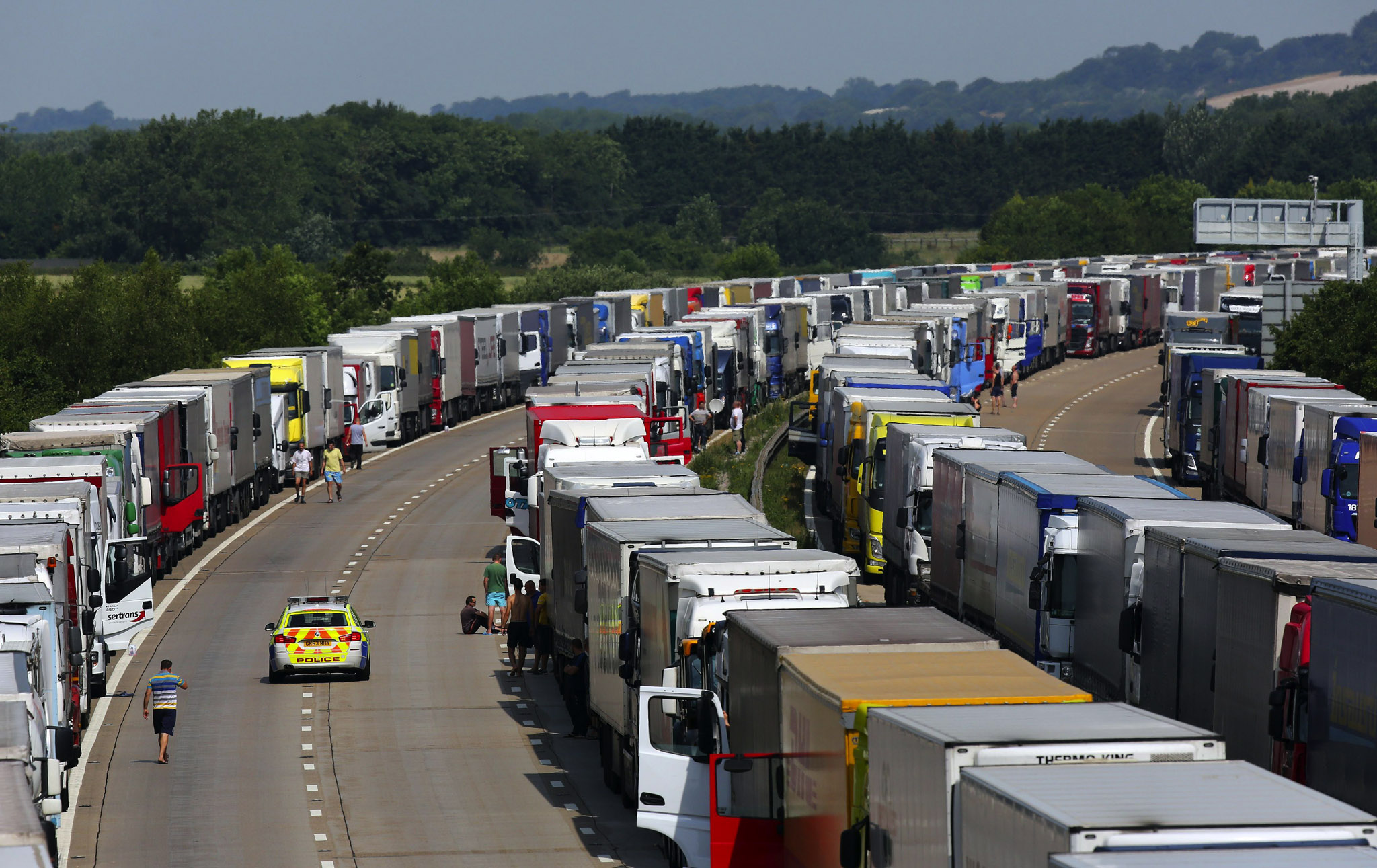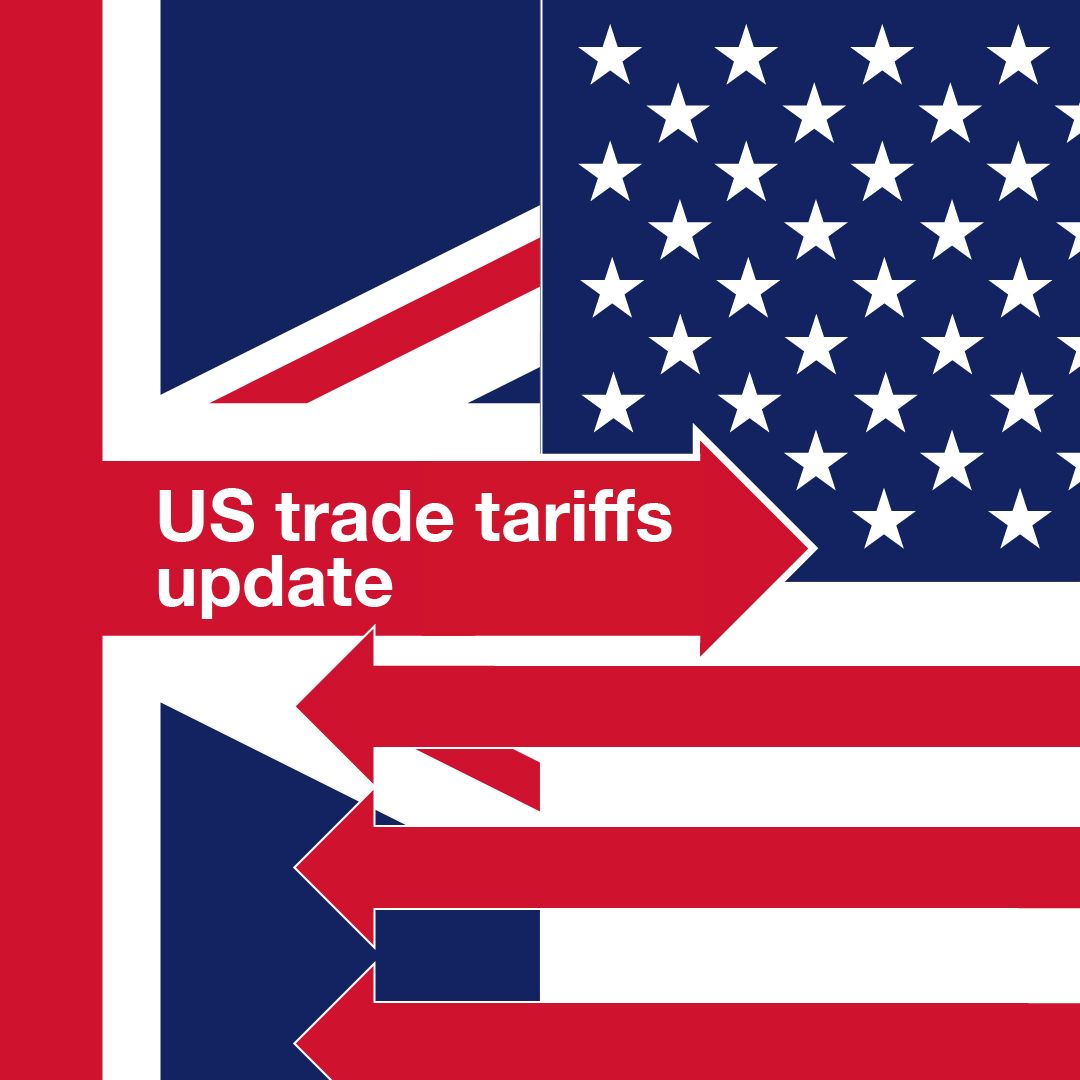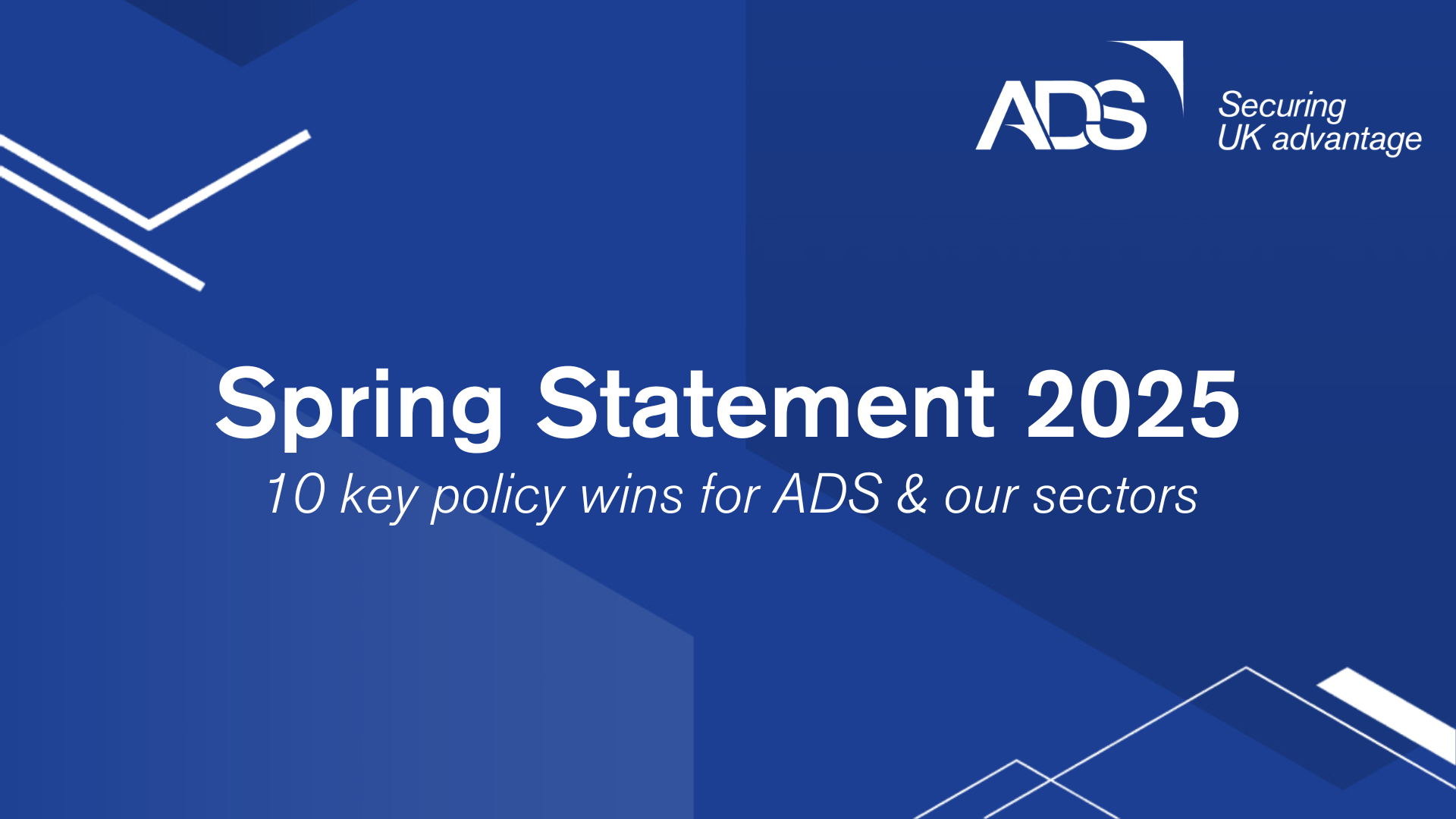
During the election campaign, we’ve heard many politicians and commentators suggest that leaving the EU without any deal on our future trading relationship – the ‘WTO option’ – is a perfectly sensible Brexit outcome.
At ADS, we’ve been very clear that ‘No Deal’ is the worst possible outcome (read our Brexit priorities and listen to our A50 podcast).
Over the past couple of days, I’ve read some really robust analysis on what a ‘No Deal’ scenario means in practice.
First up was a sober review by the IoD’s Allie Renison of the ConHome series on the WTO option. As Allie notes, most of that posts in that series contained a fudge, suggesting that some sort of trade or customs arrangement (though short of a full trade agreement) would inevitably be put in place to keep trade flowing. This fudge is revealing: even advocates of the WTO option realise we have to have some elements of a deal for Brexit to work.
As Malcolm Barr of JPMorgan states in his ‘No Deal’ note:
“It should be emphasized that there is no instance of any of the EU’s major trading partners acting on the basis of “WTO terms” alone – there are always trade facilitation arrangements in place, even when a formal ‘trade deal’ as recognized by the WTO is not.”
So when business hears ‘No deal’ from the PM, they don’t hear ‘No comprehensive free trade agreement, but obviously we’ll put in place a trade facilitation agreement with the EU’. They hear ‘We’ll let the A50 2 years run out without making any further arrangements’.
In other words, ‘No Deal’ means ‘No Deal’.
So what does that mean?
Allie is fairly clear that it means a lot more customs checks at the border:
“Co-operation agreements between customs authorities…do exist with third countries without a formal trade deal being in place. But with EU exit, there would need to be trade negotiations on rules of origin to determine whether this cooperation could continue the frictionless border we have now. The two must go hand-in-hand. MFN terms alone do not provide for these preferential agreements, where risk and customs checks can then be judged accordingly on the basis of intelligence-based methods.
…
In the absence of an agreed basis for continued regulatory co-operation, with the UK out of the EU’s Internal Market, the latter has no reliable way of knowing to what extent we are continuing to follow the rules that govern it or have diverged from them. Having no deal to tackle the future of regulatory interaction and alignment in this space is one of the main reasons our respective customs authorities would be duty-bound to step up inspections significantly.”
Continued regulatory cooporation to facilitate trade is one of the many reasons we want to retain access to and influence the European Aviation Safety Agency. Leaving the EU and EASA without a deal would impact not just trade with the UK, but with the US as well, where the FAA has a bilateral agreement with EASA to recognise certification.
Malcolm agrees with Allie’s view:
If we take a “no deal” Brexit to mean no agreement on any of the issues to be discussed, including customs and trade facilitation arrangements, there would be an abrupt change to the trade relationships at the point where the EU exit becomes effective. UK goods exports would no longer be classified as “union goods” and hence would be subject to the regime for non-EU goods as they enter the EU. In the absence of agreement otherwise, UKbased bodies which have established conformity with EU standards in the past would not be recognized by EU officials. Moreover, the exchange of data required to allow ‘risk-based’ sampling of goods upon entry to the EU would not continue in the absence of explicit agreement to do so. The likely result is that a large quantity of goods would need to be stopped at the border as customs formalities were completed, and in many cases samples would need to be sent to labs for testing before the goods could be released for sale on the EU market.”
Part of the great unknown is the logistical an IT capacity of customs authorities and ports to handle a ‘No Deal’ scenario. It’s been widely reported that HMRC’s new customs IT system CDS is wholly inadequate for Brexit. Malcolm also notes that the EU & UK’s main ports aren’t set up to handle post-Brexit customs checks:
“A key difficulty is that the EU ports to which UK exports are destined will often not have the facilities in place for processing and storage of large amounts of UK exports. For example, roll-on roll-off traffic through the port of Dover accounts for almost 25% of UK exports to the EU by value, with in excess of 10,000 trucks crossing the English Channel on a daily basis. The majority of that is bound for Calais, where facilities for processing of non-EU imports are very limited. Rotterdam is the EU’s largest port for non-EU imports, but is adapted primarily for containerized trade from large ocean-going vessels – there would be significant logistical disruption in attempting to route UK exports there, where they would be competing for customs processing capacity with goods from the rest of the world.”
And he is fairly stark on the implications for the UK economy:
“It is extremely difficult to try and put numbers on the size of the shock to output that could occur in the case of no agreement as Brexit occurs. There are basically no precedents we can identify for a shock of this sort acting across sectors simultaneously.”
Essentially, ‘No Deal’ would make Operation Stack look like a queue at Disneyland.





